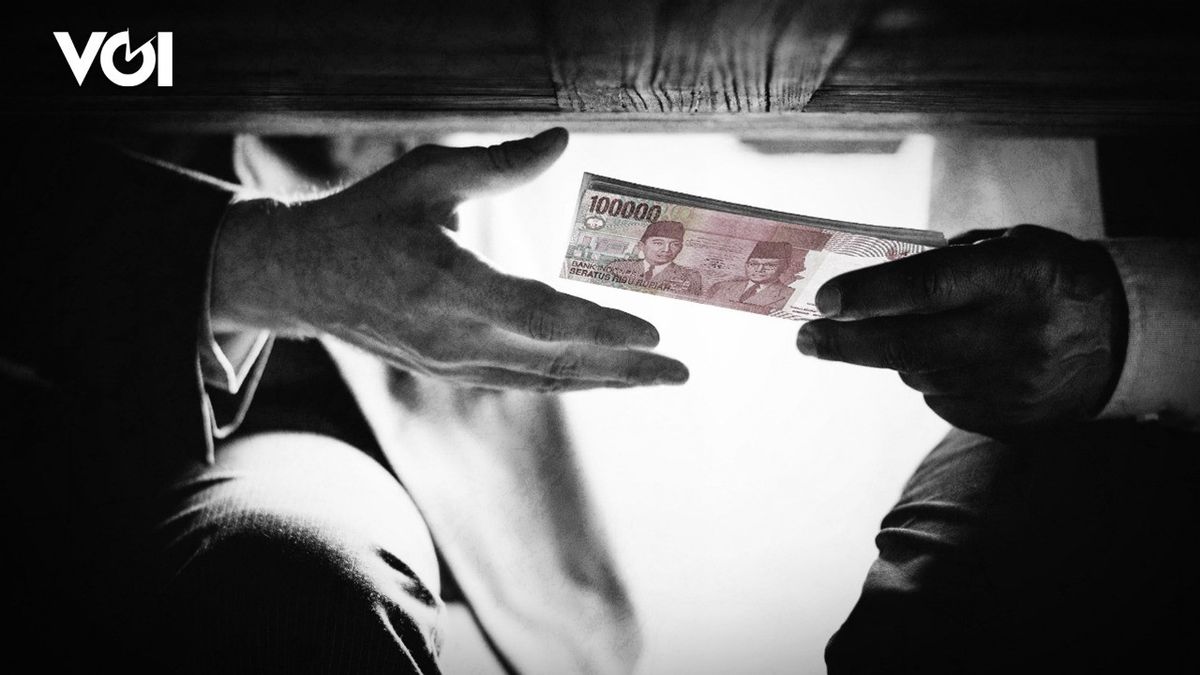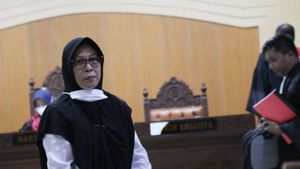
Through the article "Costs Paid by Insurance for Aircraft Accident SAR Operations" we have explored how an insurance scheme would ideally cover the cost of SAR for aircraft accidents. Still part of VOI's Series Articles, "The Entrapment of Aircraft Search and Rescue" will see potential loopholes of corruption when the absent rules are enforced.
There are regulations that obligate airlines to cover the search and evacuation costs (SAR) for aircraft accidents. Based on that, it is suspected that the state covering the SAR costs of aircraft accidents could lead to potential corruption if the APBN money used is not returned immediately.
Referring to Law Number 29 Year 2014 regarding Search and Assistance (SAR Law) and Law Number 1 Year 2009 regarding Aviation (Aviation Law), the state, through the National SAR Agency (Basarnas) is responsible for the search and evacuation of aircraft accidents. However, the huge SAR operation costs could disturb the state budget.
In the last three aircraft crash cases, namely AirAsia QZ-8501, Lion Air JT-610, and Sriwijaya Air SJ-182, searches were carried out in several areas of the Java Sea to find black boxes. Considering the area, the number of resources, and the time to search, the operational costs of SAR are certainly not small.
In the Aviation Law, the maximum limit for state-funded SAR operations is seven days. However, of the three cases of aircraft accidents, Basarnas conducted SAR operations for more than a week. And because it is urgent, like it or not, the state must first cover the SAR operation funds. No problem, of course. We know it's a matter of life.
However, if you look at the SAR costs announced by the government in the case of Air Asia QZ8501, the numbers are quite fantastic, reaching IDR 1 trillion. If events like this happen repeatedly, it is possible that they will disrupt the stability of state finances.
In Indonesia, the state can actually ask airlines to reimburse all operational costs. The question is, has this ever been done?

SAR funds have not been returned
As far as our investigation has been through the media reports up to the past few years, there has indeed been no news that the airlines from the three plane crash cases returned SAR funds to the government. In 2018, Tirto even asked one of the three plane crash cases, Lion Air, about the accident evacuation funds.
However, Lion Air was reluctant to answer. "We can't tell you yet," said Corporate Communications Strategic of Lion Air at that time, Danang Mandala Prihantoro to Tirto, November 5, three years ago.
This is also agreed by Aviation insurance observer Sofian Pulungan. According to him, until now, the SAR funds for the plane crash of the three cases have not been paid.
"Not yet. Everything has not been (paid). That is the possibility that these airlines would like to be defended by their lawyers," Sofian told VOI.

Could be a loophole for corruption
The polemic also arises because the SAR Law opens the possibility that the SAR operation costs would end up being fully borne by the state. The problem is, the provisions in the Law contain the phrase "and/or" in Article 73 Paragraph 2. This was revealed by the lecturer in the study of air and space law, University of Prasetiya Mulya, Ridha Aditya Nugraha, in his writing on The Conversation.
The SAR Law regulates that SAR funding can be sourced from the State Budget (APBN), Local budget (APBD), and/or other legal and non-binding funding sources. However, "the SAR Law does not specify the priority sources of operating funds should come from," Ridha wrote.
Even so, this loophole was patched up by Article 62 Paragraph 1 of the Aviation Law which obligates all airlines with the registration "PK" (Indonesia) to ensure their activities to investigate aircraft incidents and accidents. Sofian Pulungan said that there was an AVN 76 clause that covered the operational costs of SAR aircraft accidents. The straightforward Aviation Law aims so that not a penny of public money is charged to bear the costs of SAR operations.
Sofian suspects that there is an indication or potential corruption in the state budget to finance SAR funds. "I tend to say that there is a process of neglection. Like a house with the door left open, it is like inviting a thief to commit a crime, right?" he said.
For this reason, Sofian emphasized that the SAR operation of an airplane crash should not be a precedent for the use of APBN funds without restoring the funds used. "I have already said that it is the state's right to collect, to get money from the insurance claim," said Sofian.
Follow the Series Article of This Edition: The Entrapment of Aircraft Search and Rescue
The English, Chinese, Japanese, Arabic, and French versions are automatically generated by the AI. So there may still be inaccuracies in translating, please always see Indonesian as our main language. (system supported by DigitalSiber.id)












